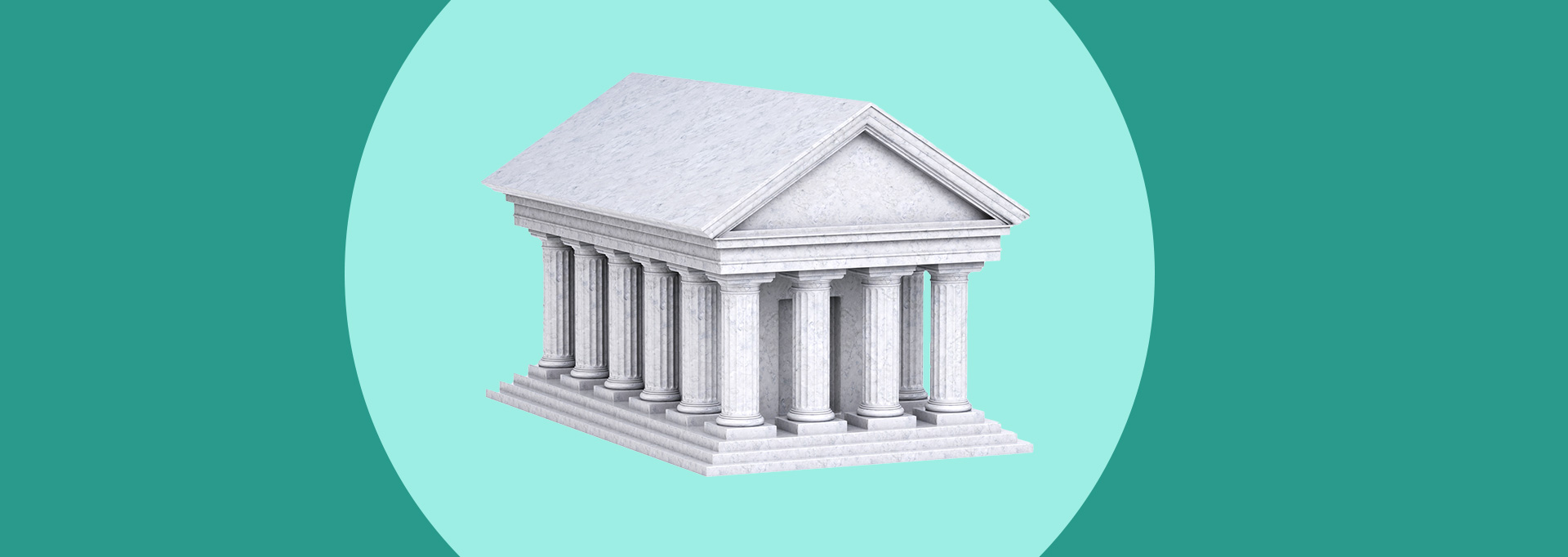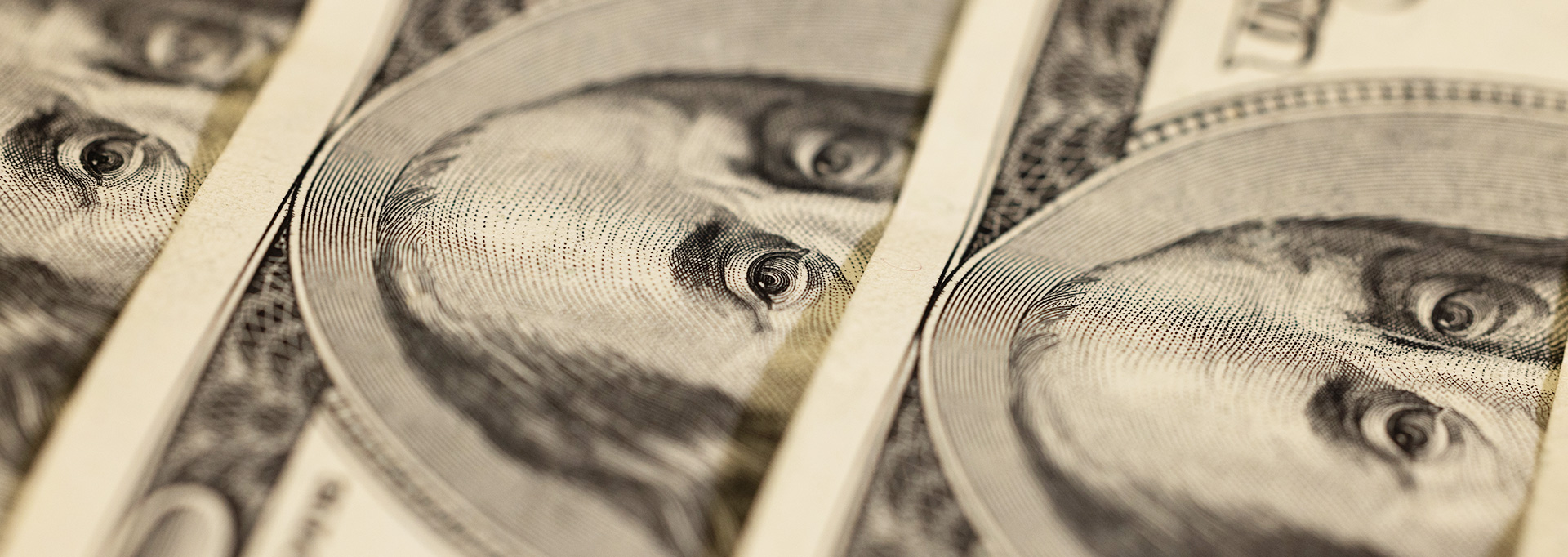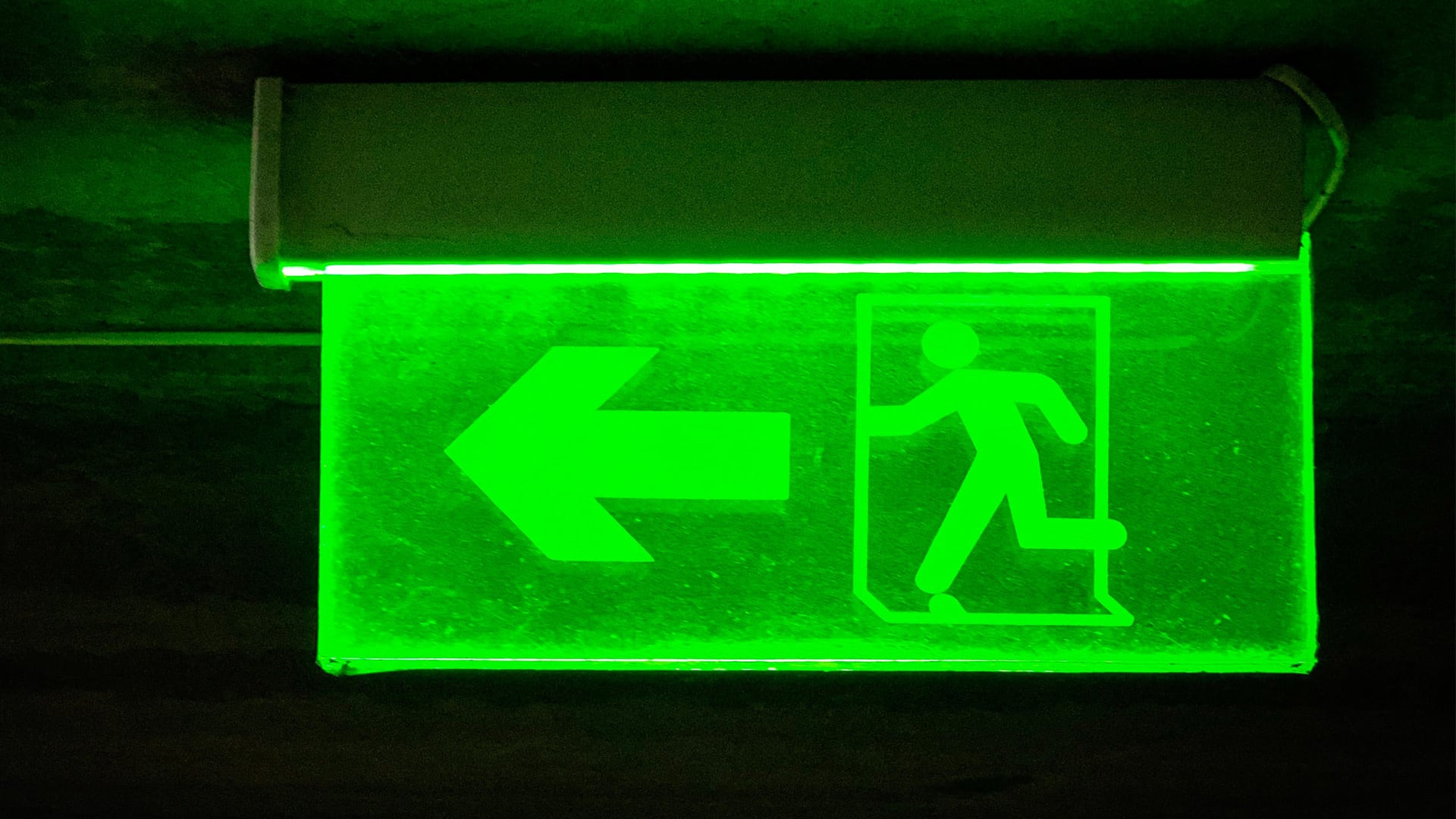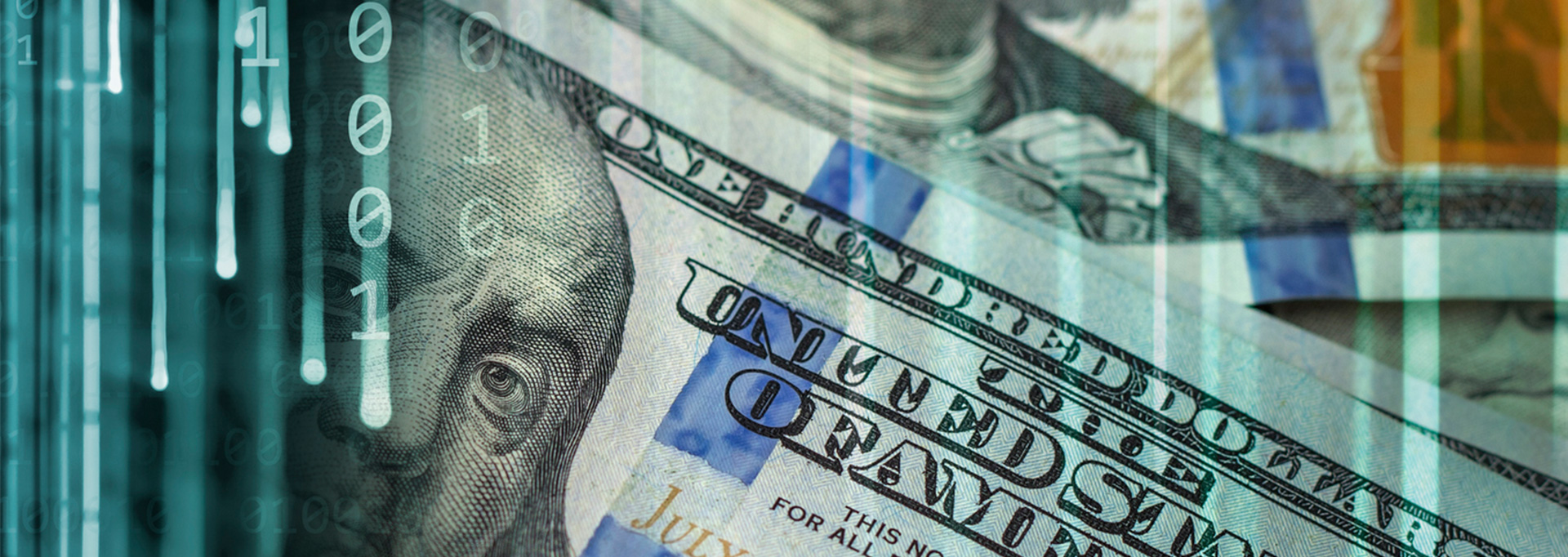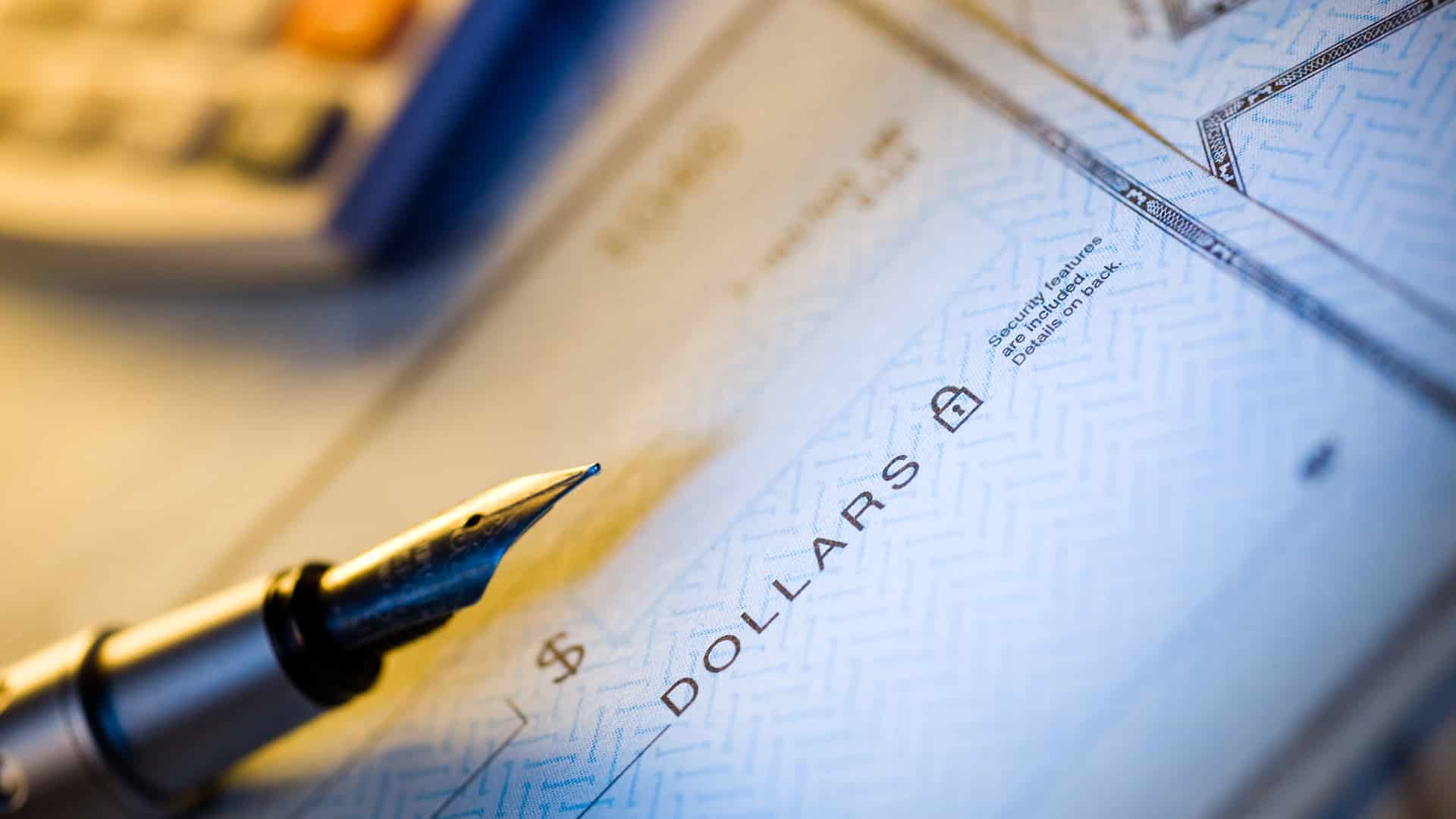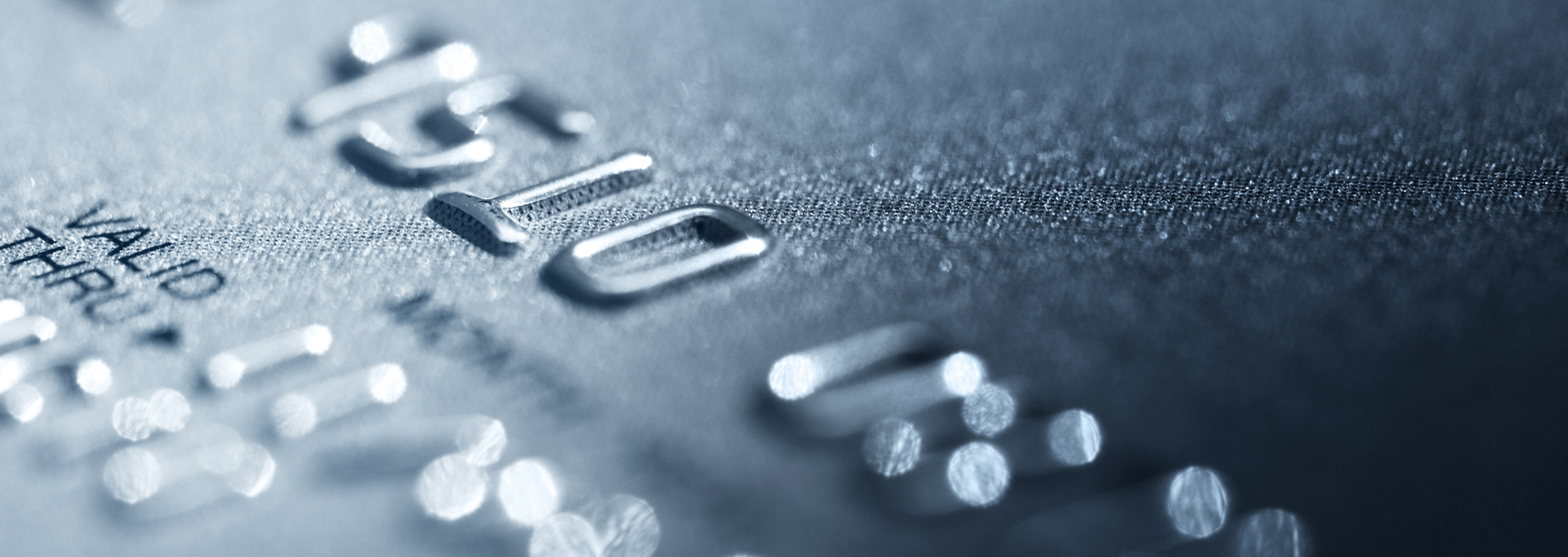Most products on this page are from partners who may compensate us. This may influence which products we write about and where and how they appear on the page. However, opinions expressed here are the author's alone, not those of any bank, credit card issuer, airline or hotel chain.
You probably have a bank account or two, but how familiar are you with the terminology included in your monthly account statements? Here are some essential banking terms you should know to help you better navigate and understand your financial life.
Essential Banking Terms
- Annual Percentage Yield (APY)
- Automatic Bill Payment
- Certificate of Deposit
- ChexSystems
- Debit Card
- Direct Deposit
- FDIC
- Minimum Balance
- Money Market Account
- Monthly Maintenance Fee
- Overdraft
- Personal Identification Number
- Routing Number
- Stop Payment
- Wire Transfer
Annual Percentage Yield (APY)
The APY is the total amount of money, or interest, you'll earn on a deposit account over a year. APY includes compounding interest and is offered most commonly on savings accounts or certificates of deposit.
Learn more about APY.
Automatic Bill Payment
Automatic bill payment is a service provided by banks and financial institutions that allows customers to set up recurring payments for their bills. The payment is automatically deducted from the customer's bank account on a specified date, helping to ensure that bills are paid on time.
Find out more about automatic bill payments and when you should or shouldn't be using them.
Certificate of Deposit
A certificate of deposit (CD) is a time-based deposit account offered by banks. It allows individuals to deposit a specific amount of money for a fixed period of time, known as the term. In return, the bank pays a higher interest rate than a regular savings account.
Read our guide to Certificate of Deposit Accounts.
ChexSystems
ChexSystems is a consumer reporting agency that collects and reports activity on past checking and savings accounts. This includes instances of bounced checks, overdrafts, and any negative activity related to your deposit accounts.
Dive deeper into our ChexSystems guide and see our list of bank accounts that don't use ChexSystems.
Debit Card
A debit card is a payment card linked to your checking account. Also called a "bank card," it can be used to fund in-person and online transactions, and the funds are immediately deducted from the account. You can also use debit cards to withdraw cash from ATMs.
Direct Deposit
A direct deposit is a convenient way of receiving regular payments, such as salaries or government benefits, directly into a bank account. Instead of receiving a physical check, the funds are electronically transferred and deposited into the account.
FDIC
The FDIC, or Federal Deposit Insurance Corporation, is an independent government agency that protects U.S. depositors from bank failures. The agency insures deposits up to $250,000 per depositor, per insured bank.
Minimum Balance
A minimum balance is the lowest amount of money that a customer must maintain in a bank account to avoid fees. Meeting minimum balance requirements may also qualify you for certain benefits, such as free checking or higher interest rates.
Money Market Account
A money market account is a type of savings account that offers higher interest rates than a regular savings account. It typically requires a higher minimum balance and provides limited check-writing privileges.
Monthly Maintenance Fee
A monthly maintenance fee is money the bank charges you to work with the institution. The fee on checking and savings accounts can be waived if certain conditions are met, such as maintaining a minimum balance or setting up direct deposit.
Overdraft
An overdraft occurs when a customer withdraws more money from their bank account than is available. If you overdraft, the bank may cover the difference and charge an overdraft fee or decline the transaction.
Learn more about overdraft fees and protections and check out the best banks with no overdraft fees.
Personal Identification Number (PIN)
A PIN is a numeric password cardholders use to authenticate transactions made with their debit or credit cards. It serves as a security measure to ensure that only the authorized cardholder can access and use the card.
Routing Number
A routing number is a unique nine-digit number assigned to a financial institution by the American Bankers Association. It identifies the bank or credit union and is used for various purposes, including processing electronic transfers, direct deposits, and bill payments.
Stop Payment
A stop payment is a request to cancel a previously authorized payment before it’s been processed, such as a recurring monthly bill payment made by ACH or check.
Wire Transfer
A wire transfer moves money electronically from one bank or financial institution to another, including international locations. It is commonly used for larger amounts and ensures money is transferred securely.




